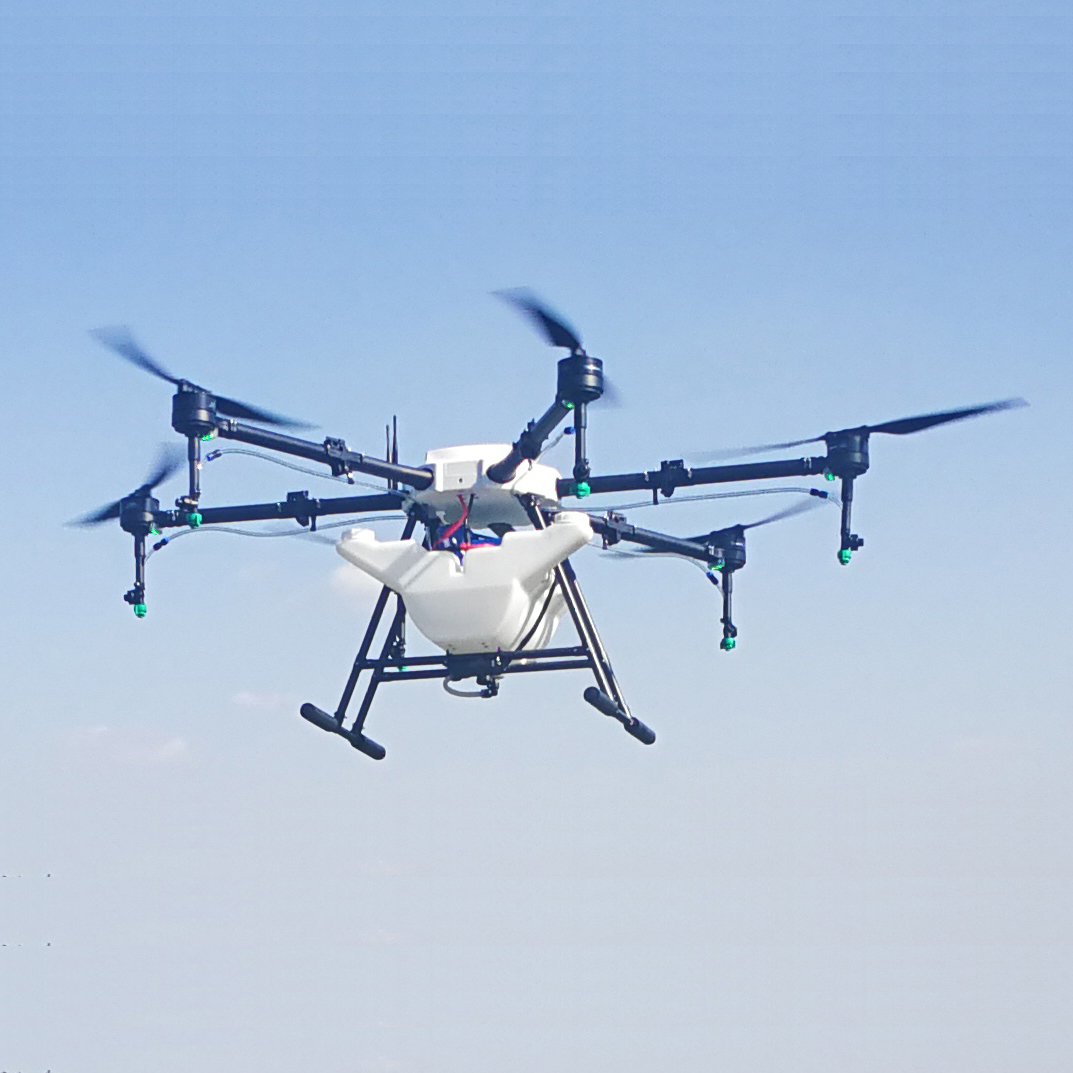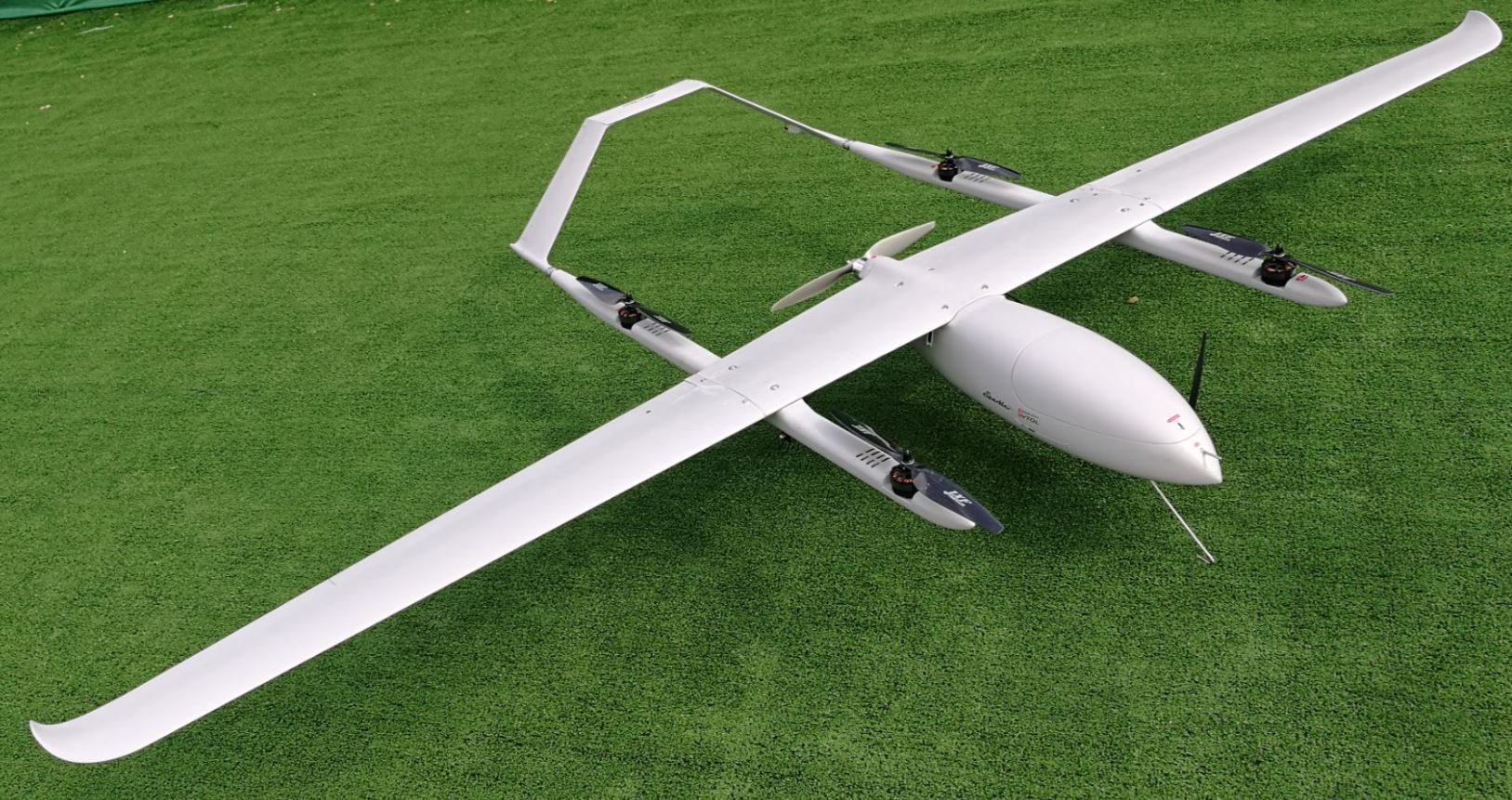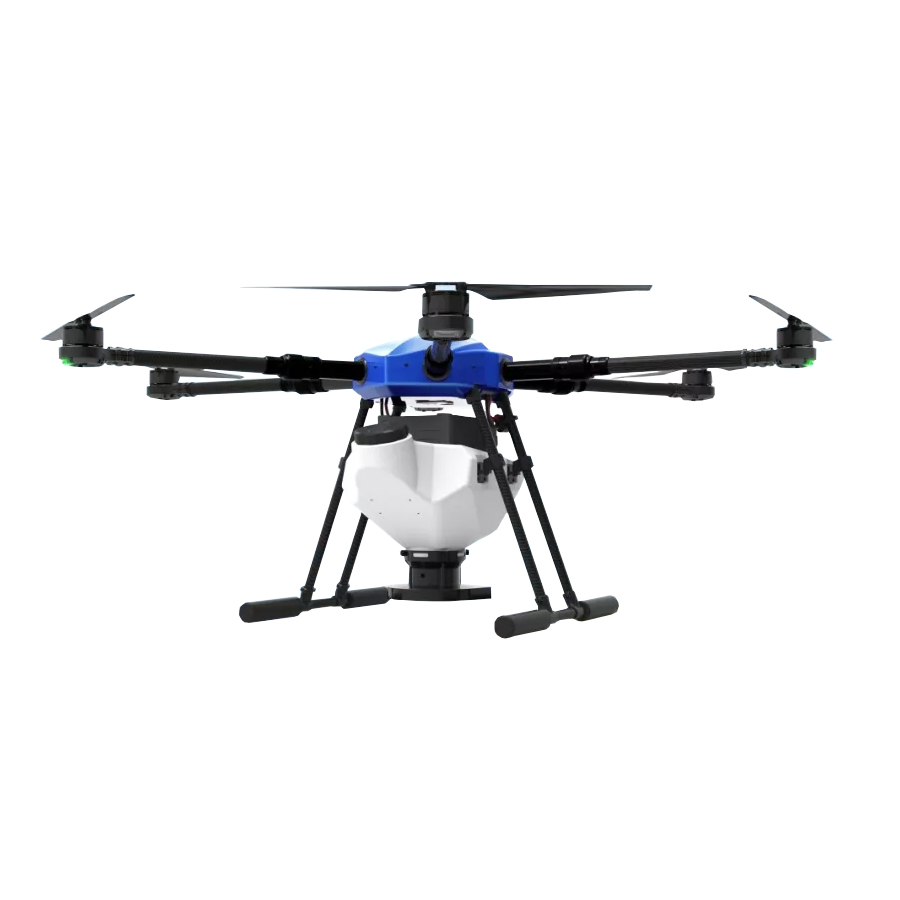Drones drive developement revolution in Africa

Long associated with global wars, unmanned aircrafts, or drones, are assuming a new role especially in Africa.
In Africa, drones play a key role in humanitarian services from delivery of medical supplies to remote areas, mapping of displaced people, fighting poaching and assisting in precision farming with crop drone. This, even as research institutions embrace them to tackle some of the most biting problems, including mapping cholera outbreaks and mosquito breeding sites.
And while the rest of the world still remains apprehensive about moving drones from warzones and instituting strict legislation on drone use, Africa has leant into the chaos, with certain countries becoming the world’s first in developing guides for governments to legislate drone usage while others have introduced testing platforms that allow governments and other interested parties to test how drones can assist in service delivery.
One of the greatest success stories in the African drone revolution is Rwanda. The government working with Silicon Valley company Zipline, have championed one of the greatest breakthroughs in blood transportation through the use of drones.

On average, Rwanda collects 60,000 and 80,000 units of blood each year. But being a predominantly rural country, that blood is received by patients who desperately need it either too late or goes bad if it stays in health facilities, especially the rural ones, for long due to lack of refrigeration equipment. It takes up to six hours to deliver this blood to patients due to rough terrain, a situation that means life and death in cases of emergencies.
When blood is needed in these health facilities, doctors place their orders through WhatsApp or SMS to Zipline nerve centre where blood is stored after being delivered by the National Centre for Blood Transfusion. Officials at the centre then scan the blood into the system to let the Ministry of Health know where the blood is going before packing it in padded boxes and placing it into a zip, the miniature autonomous airplanes that run on batteries.
“Because doctors are able to get what they need instantly they stock less blood at the hospitals therefore reducing wastage. In fact in the recent past, zero units of blood have expired in these hospitals. Maternal health is a challenge world- over. The main difference is that Rwanda was the first country to use radical technology to do something about it”, said Keller Rinaudo the CEO and co-founder of Zipline while delivering his presentation at TedTalk.
This technology has now moved to Tanzania and Ghana where the company hopes to leverage on the growing health needs and governments’ interest in disruptive technology.
“These kinds of leaps generate compound gains. For example Rwanda by investing in this kind of infrastructure for healthcare now has an aerial logistics network that they can use to catalyse other parts of their economy like agriculture or e-commerce,” added Mr. Ricardo.
In South Sudan, decades of conflict, deforestation and drought have turned millions of fertile farms into deserts which has seen tens of millions of citizens flee as chronic hunger sets in. It would take decades to re-green the expansive East African country. But two South Sudanese innovators, Mohammed Alhatim Ahmed Ibrahim and Hatem Mubarak Hassan who run a tech startup, Massive Dynamics, have come up with an innovative way of using drones to save the country from further desertification.
They have invented what is a “flying robot farmer”, a drone that will
plant seeds of the Acacia tree from the sky to tame soil erosion. The roots of the tree runs deep and are believed to be a buffer in preventing the movement of the sand. The drone will also carry an assessment of crop and soil health allowing researchers to understand what is needed to tackle crop failure.

“A great motivating factor for the impressive uptake of drones for development in Africa is due to the failures of the 20th century infrastructure like the transport network, especially road and rail, that are now dilapidated and cannot match the growing needs of especially those in hinterlands. The massive opportunities the UAVs are opening up to Africa especially among the expansive young population and the pace at which they are delivering results have endeared them more to the continent which is now a frontrunner in this aspect of disruptive technology,” said Julius Ratemo a senior researcher at Technical University of Ke


